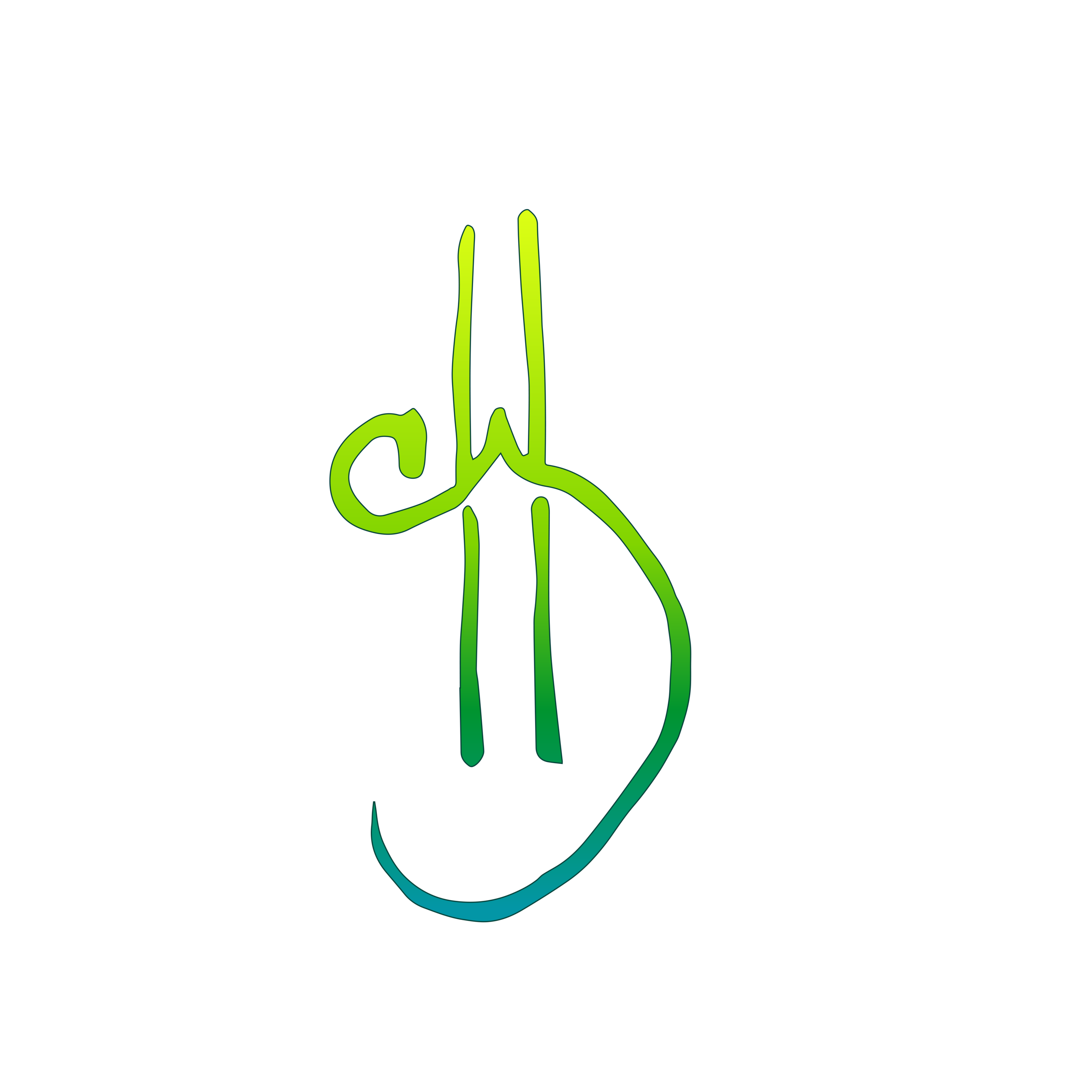an author Q&A:
Catherine Wallace Hope talks about Once Again, her emotional, mind-bending time-slip thriller
::
Q: How did you come up with the idea for this story?
A: Years ago, I woke up from a dream that my husband and I had once had a daughter, but she’d been kidnapped. It was so vivid, I remember it even now as if it were last night. In the dream, I realized our daughter’s kidnapping was happening all over again. I was running around, trying to figure out how to keep the abduction from recurring. There was some confusion in a police station, and there were also trucks crashing into each other—you know, the way things switch in dreams. I was trying to get someone to help, feeling panicked and not making sense, and that’s when I woke from the dream.
The feelings really stayed with me the whole day, and as I turned it over in my mind, it occurred to me that it reflected in a couple of directions I thought were sort of cool. It reached backward into myth—the ancient story of Hades’ abduction of Persephone, and it also reached forward into the future: emerging discoveries in astrophysics about our existence and about our understanding of time.
I knew that the atomic clock in Boulder, Colorado, near where I lived, was the center for time measurement in the U.S. I’d spent time in Boulder; I knew about some of its past, and it felt like a bit of synchronicity that it could become the setting for this story.
Q: Do you have a background in science, or did you have to do a lot of research?
A: I have no background in science. Not even remotely. I’m an English major through and through. But I love science. I’ve always found it fascinating and awe-inspiring; and I admire the discipline and brilliance of scientists. Before I wrote this book, I knew a little bit about gravitational waves and time crystals because I was curious about them.
So, yes, I relied on research. All of the science in the book is extrapolated from real science. In fact, the field of gravitational-wave astronomy is advancing so quickly that I had to update some events in the story in an effort to keep up with it.
Q: So are you saying the ring Erin {the main character} wears is real?
A: The ring is probably my writer’s mind paying homage to J.R.R. Tolkien because I admire his imagination so much, but the time crystal in Erin’s ring is based on a real thing. And the field of quantum computing is another area where things are rapidly evolving, and diamonds are part of that.
Q: How did you decide what to allow each character to know?
A: Well, in fiction, as in life, it seems like it’s always a puzzle of what you don’t know. Zac is observing events as they take shape in a simulation on a monitor, and Erin is seeing the same things as they happen to her in real life. The two of them are watching one extraordinary phenomenon unfold, but they are seeing it from separate perspectives. Neither knows what the other is seeing. Which, on a lesser scale, is what happens to everybody, all the time, right?
Q: Why did you decide to have Erin and Zac play such traditional roles—she’s the soft, typical mom and he’s the science guy and working dad?
A: Traditional? I’m not sure I see them that way. Erin is drawn from the harvest goddess Demeter, who was a very powerful character in Greek myth. And Erin’s ambition was to be a chef/restaurateur, which is typically a male-dominated profession. Zac, on the other hand, was inspired by Zeus, the sky god (which worked well for an astrophysicist), and in the end, it’s his faithfulness to those he loves that propels him. As far as traditional parenting roles, I’m not even sure what traditional is anymore. I think mothers and fathers everywhere struggle with competing hopes and demands on their hearts and on their time, and I think there are few ambitions for men or women that match the monumental endeavor to be good parents.
Q: Your story has an uncommon blend of suspense, crime, romance, family dynamics, and also a major scientific discovery all in one day. Will readers take all of that in?
A: I hope so. I think attentive readers can see the places where the elements join up, where the events dovetail. And as far as the range that takes place in a day, I mean, I think that’s how life is. You go along the best you can for a normal stretch of small ups and downs, and then suddenly, everything changes and becomes enormous and everything hits at once. Or at least that’s how it seems to me. Like a storm at sea.
Q: What was the hardest part of writing this book?
A: Without a doubt, the hardest thing was writing about the villain. Being in there with him was difficult. A less difficult part was letting go of stuff I really liked that had to be cut. There were big sections that I thought were interesting that ultimately turned out to be too distracting. But I’ve saved them all in a “cemetery document,” so who knows what they might eventually turn into.



